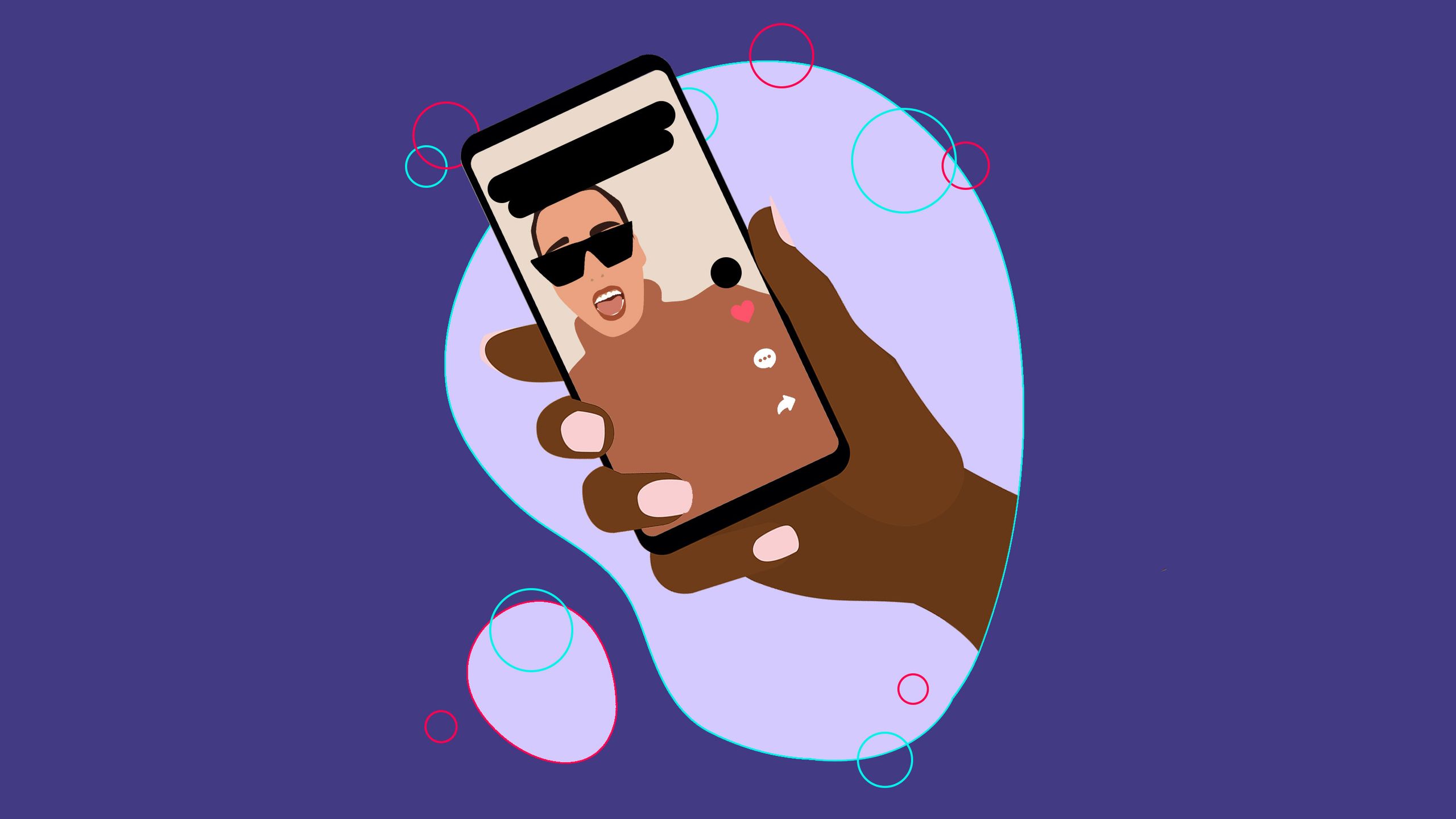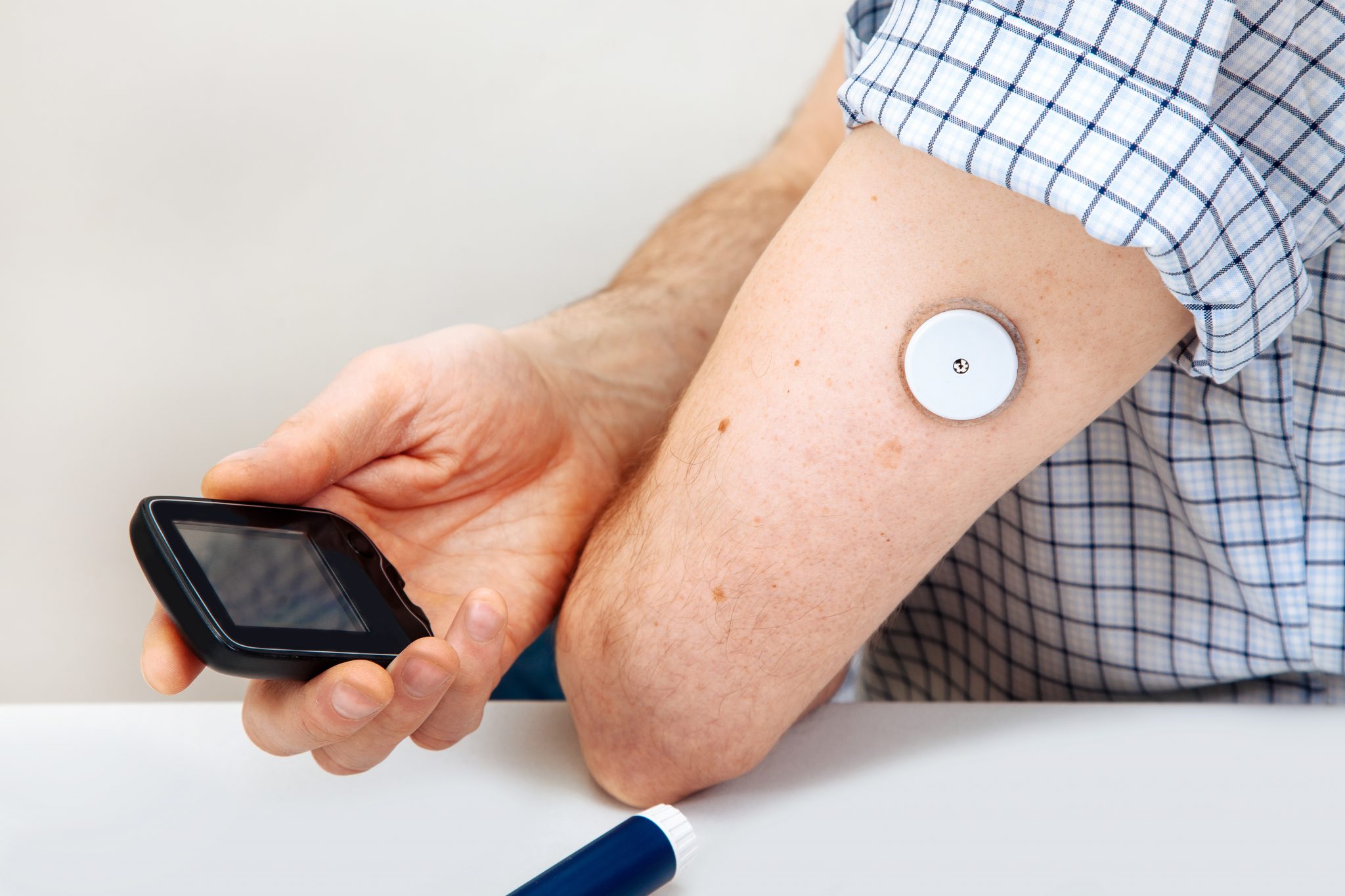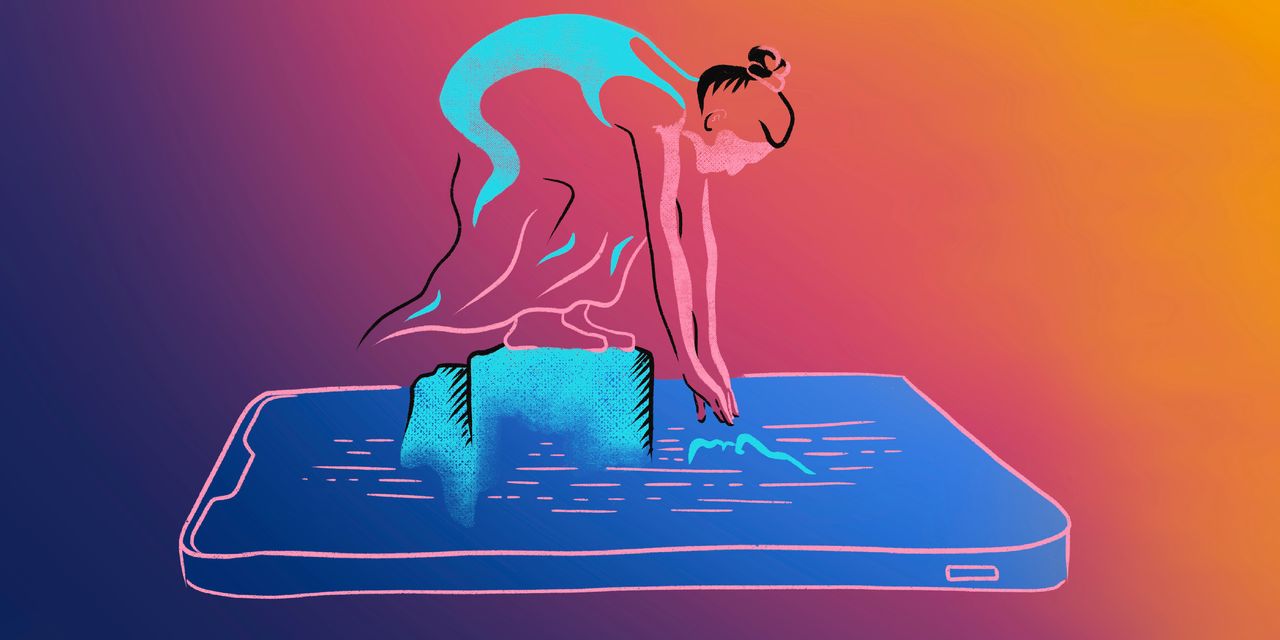The TikTok ADHD Trend: Understanding The Misinformation

Table of Contents
The Allure of the "ADHD Aesthetic" on TikTok
What is the "ADHD Aesthetic"?
The "ADHD aesthetic" on TikTok typically features vibrant visuals and reflects the experiences of many with ADHD. This aesthetic often includes:
- Visually stimulating content: Colorful notes, mind maps, busy planner spreads, and brightly colored stationery.
- Representation of hyperactivity: Fast-paced videos, rapid transitions, and energetic editing styles.
- Themes of impulsivity and creativity: Spontaneous content creation, showcasing unique perspectives, and embracing a seemingly chaotic lifestyle.
- Emphasis on relatable struggles: Videos depicting challenges with focus, organization, and emotional regulation.
This relatable content appeals to individuals who may be struggling with undiagnosed ADHD, providing a sense of community and validation. It also resonates with those already diagnosed, offering a space to share experiences and find support.
The Problem with Aesthetic-Based Diagnosis
Relying solely on online trends to diagnose ADHD is incredibly risky. The "ADHD aesthetic" is not a diagnostic tool. Self-diagnosing based on these videos can lead to:
- Misdiagnosis: Mistaking typical inattentiveness or other conditions for ADHD.
- Delayed treatment: Postponing proper assessment and treatment for actual underlying conditions.
- Stigmatization: Perpetuating inaccurate stereotypes and potentially trivializing the genuine challenges faced by individuals with ADHD.
A professional assessment by a psychiatrist, psychologist, or other qualified healthcare provider is crucial for an accurate diagnosis. Only a qualified professional can conduct comprehensive evaluations, considering various factors and ruling out other potential causes for similar symptoms.
Misinformation Regarding ADHD Symptoms and Treatments on TikTok
Common Myths and Misconceptions
TikTok, unfortunately, contributes to the spread of several ADHD myths, including:
- ADHD is simply "lack of focus": ADHD is a neurodevelopmental disorder with a range of symptoms, including inattention, hyperactivity, and impulsivity. It's far more complex than just a lack of concentration.
- Sugar causes ADHD: There's no scientific evidence to support this claim. While diet can influence behavior, it doesn't cause ADHD.
- All ADHD symptoms are always present: The presentation of ADHD varies greatly between individuals. Symptoms can fluctuate in intensity and may not always be apparent.
- ADHD is just a childhood disorder: While ADHD is often diagnosed in childhood, many individuals continue to experience symptoms into adulthood.
Understanding the nuances of ADHD symptoms is crucial. For example, inattentiveness in ADHD involves significantly more than typical daydreaming; it often manifests as difficulty sustaining focus, disorganized behavior, and forgetfulness impacting daily life.
The Dangers of Untested "Cures" and "Hacks"
TikTok often promotes unproven methods and "hacks" for managing ADHD, some of which can be harmful:
- Specific diets: Restricting food groups without professional guidance can lead to nutritional deficiencies.
- Unregulated supplements: Many supplements marketed for ADHD lack scientific evidence of efficacy and may have adverse side effects.
- Unproven brain training apps: While some apps may improve certain cognitive skills, they are not a substitute for professional treatment.
Always consult a medical professional before starting any new treatment or making significant dietary changes. Appropriate treatment for ADHD often involves a combination of medication, therapy, and lifestyle adjustments, tailored to the individual's needs.
Responsible Content Creation and ADHD Representation on TikTok
Positive Aspects of ADHD Representation
Despite the misinformation, TikTok also offers positive aspects regarding ADHD representation:
- Increased awareness: Open discussions about ADHD help reduce stigma and encourage others to seek help.
- Community building: Many creators foster supportive communities for individuals with ADHD to share experiences and connect.
- Access to resources: Some creators share links to helpful resources, such as support groups and professional organizations.
This positive representation is invaluable, helping to humanize ADHD and make it less isolating for those who struggle with it.
Promoting Accurate Information and Seeking Professional Help
It's crucial to be a discerning consumer of online information regarding ADHD. Consider these steps:
- Verify information: Check the source's credibility and look for evidence-based information.
- Seek professional guidance: Consult healthcare professionals for accurate diagnoses and treatment plans.
- Report misleading content: Help combat misinformation by reporting videos promoting harmful or inaccurate information.
By critically engaging with online content and seeking professional help when needed, individuals can protect their well-being and ensure they receive appropriate support.
Conclusion
The TikTok ADHD trend offers a double-edged sword. Relatable content fosters community, but rampant misinformation poses significant risks. Self-diagnosing based on online trends should be avoided; a professional evaluation is essential for accurate diagnosis and effective treatment. Don't rely solely on the TikTok ADHD trend for information about ADHD; if you or someone you know is struggling with symptoms that might be related to ADHD, seek professional help immediately. Learn more about responsible information consumption regarding ADHD and mental health to make informed decisions about your care.

Featured Posts
-
 Adult Adhd Understanding Your Diagnosis And Moving Forward
Apr 29, 2025
Adult Adhd Understanding Your Diagnosis And Moving Forward
Apr 29, 2025 -
 Louisvilles Devastating Start To 2025 Snow Tornadoes And Historic Flooding
Apr 29, 2025
Louisvilles Devastating Start To 2025 Snow Tornadoes And Historic Flooding
Apr 29, 2025 -
 Kentucky Severe Weather Awareness Week Nws Initiatives And Preparedness
Apr 29, 2025
Kentucky Severe Weather Awareness Week Nws Initiatives And Preparedness
Apr 29, 2025 -
 Pete Rose Pardon Will Trump Reverse The Baseball Legends Lifetime Ban
Apr 29, 2025
Pete Rose Pardon Will Trump Reverse The Baseball Legends Lifetime Ban
Apr 29, 2025 -
 Is Tik Tok Making You Think You Have Adhd A Critical Look
Apr 29, 2025
Is Tik Tok Making You Think You Have Adhd A Critical Look
Apr 29, 2025
